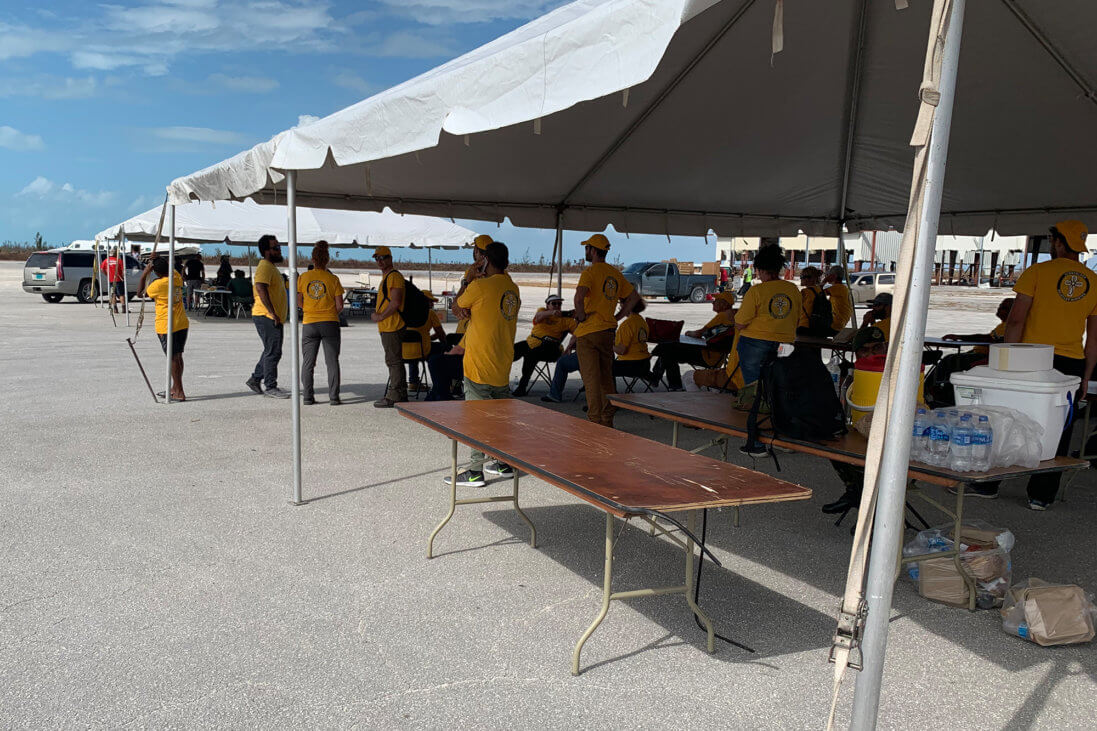
Sept. 19, 2019
In the immediate aftermath of Hurricane Dorian, the first relief flights made by general aviation aircraft to the most devastated regions of the Bahamas were “life sustaining,” said Brad Pierce, a Florida-based business owner, NBAA member and pilot with 22 years of charitable flying experience.
According to Pierce, the same advantages that business aircraft provide to companies like his – the ability to be airborne within a short period of time and the capability of accessing small airports with shorter runways and little to no infrastructure – make these same aircraft ideal responders after a disaster like Dorian, bringing necessities such as food, water, medicine and clothing.
Within less than 48 hours after the hurricane struck, Pierce and a team of other volunteers were flying numerous missions to the Bahamas, using a Cessna Citation CJ2 made available by another business aircraft owner. Even though the CJ2 is based in the Midwest, the owner transferred it to Palm Beach International Airport (PBI) at his expense and offered its use as long as necessary. A co-owner of the aircraft took care of all the fuel expenses.
Pierce and other responders brought supplies to the Bahamas and brought back evacuees.
“All I had to do was post what I needed, and within minutes I would hear back from people,” said Pierce. A call for 10,000 Meals Ready-to-Eat (MREs) was almost immediately filled, and when Pierce heard that many hurricane victims needed shoes, family members of his and other volunteers practically bought out a shoe store in central Florida. They also filled 50 backpacks with supplies and clothing specific for men after learning that was a particular need.
Long lines of disaster victims with nothing but the clothes on their backs were waiting for airlift at airports such as Grand Bahama International Airport (MYGF) near Freeport and Treasure Cay Airport (MYAT). Pierce and his team sometimes flew them to other Bahamas locations, or, with the appropriate documentation, to Florida.
“They were so appreciative and so grateful, even though they had lost everything,” said Pierce. Doctors and medical personnel were also transported in the CJ2.
Pierce, who worked closely with the AERObridge non-profit relief group, noted that in the days immediately following Dorian, AERObridge-coordinated flights carried 520,000 pounds of supplies to the Bahamas.


 International Business Aviation Council Ltd.
International Business Aviation Council Ltd.